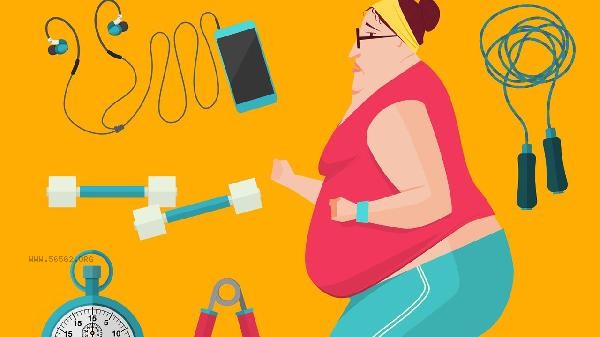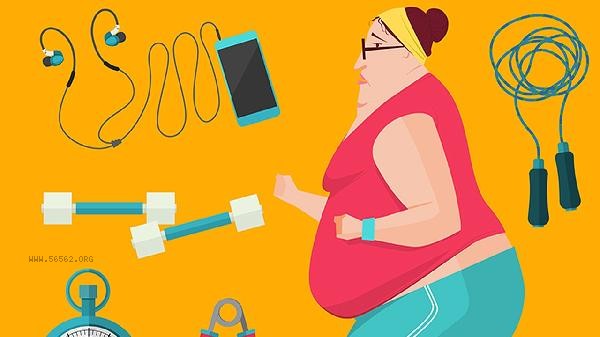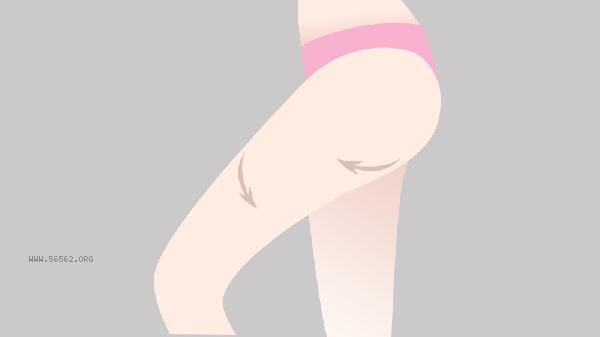The balance period for female weight loss usually lasts for 2-4 weeks, and the actual time is related to factors such as basal metabolic adaptation speed, dietary structure adjustment, changes in exercise intensity, hormone level fluctuations, and psychological stress regulation.

1. Metabolic adaptation
When weight loss reaches a new stage, the body will activate protective mechanisms to reduce basal metabolic rate. At this point, it is necessary to break metabolic balance through intermittent heat adjustment or changing exercise patterns, which is commonly manifested as stagnant body weight but continuous decrease in body fat percentage.
2. Dietary Adjustment
Long term fixed calorie intake can lead to adaptability in the body. It is recommended to adjust the ratio of the three major nutrients every two weeks, such as cycling between low-carbon and high carbon days, or increasing protein intake to 1.5 grams or more per kilogram of body weight to promote muscle synthesis.
3. Exercise mode
Single aerobic exercise is prone to plateau period, and resistance training or high-intensity interval training should be added. The mixed mode of strength training three times a week combined with two aerobic exercises can effectively stimulate the secretion of growth hormone to break through the equilibrium period.

4. Hormone influence
The increase of progesterone level before menstruation in women will lead to water and sodium retention. At this time, it is normal that the weight may rebound 1-3 kg. It is recommended to strengthen exercise during the golden week after menstruation and utilize the estrogen advantage period to accelerate fat metabolism.
5. Psychological regulation
Progress can be evaluated by measuring multiple indicators such as waist circumference and body fat percentage when weight numbers stagnate. Maintain sufficient sleep and a mindful diet to avoid overeating caused by anxiety. If necessary, schedule 1-2 days of diet relaxation to restart metabolism.

Breaking through the weight loss balance period requires comprehensive intervention. It is recommended that women drink no less than 2000 milliliters of water per day, prioritize low GI high protein foods such as broccoli and chicken breast, and combine soothing exercises such as yoga to regulate cortisol levels. One non weighing day can be scheduled per week to record changes in body shape through photography. If there is no improvement in any dimension during the equilibrium period of more than 6 weeks, it is necessary to seek medical attention to investigate potential problems such as polycystic ovary syndrome or thyroid dysfunction. By maintaining a regular schedule and gradually adjusting the workload, most people can naturally get through the plateau period within one month.









Comments (0)
Leave a Comment
No comments yet
Be the first to share your thoughts!